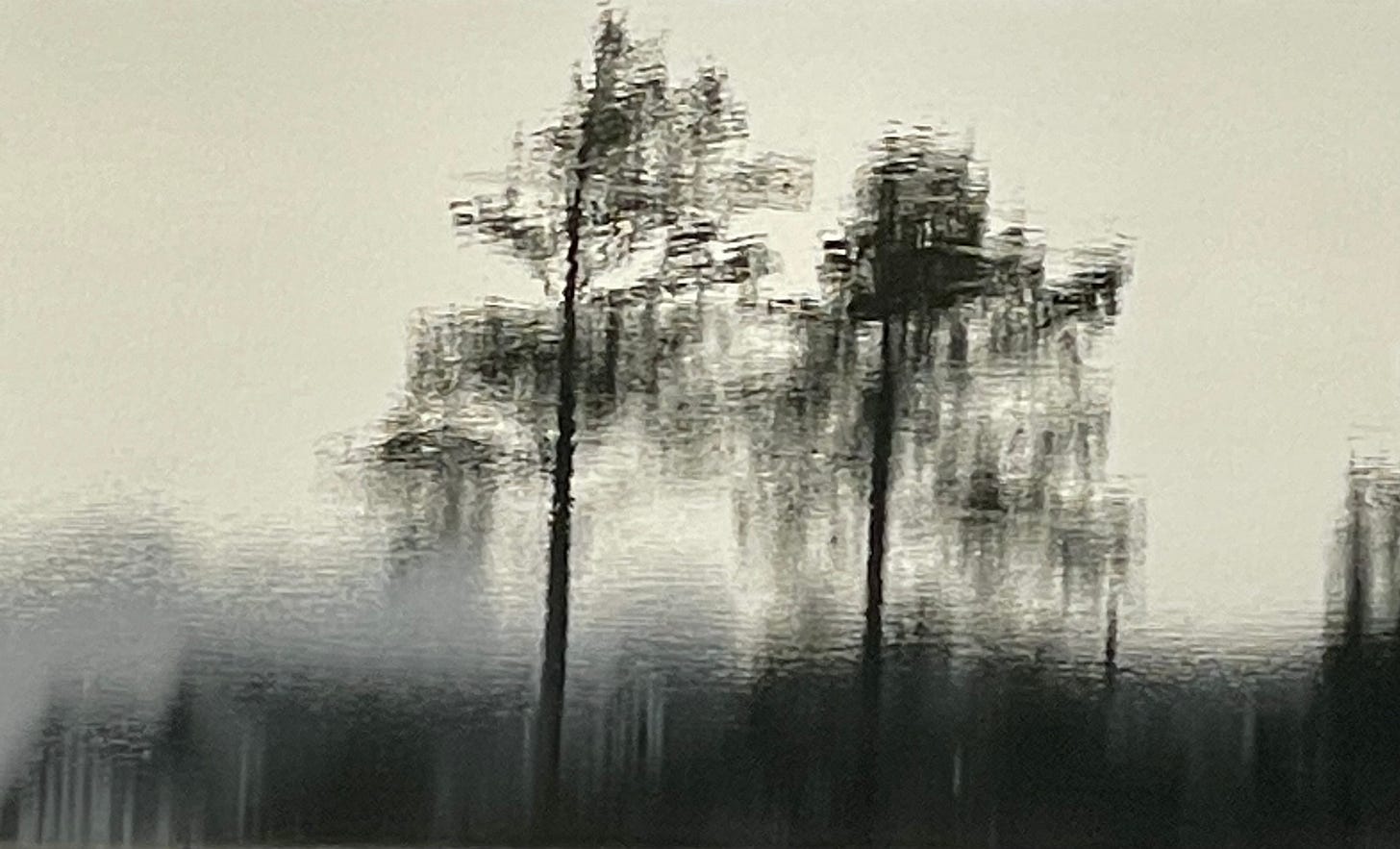Metaphysics and physics
What am I that I exist
I don’t know
People want to make sense of their existence. They want meaning and purpose. Basically, people struggle to survive. Along the way, they want to receive and give affection, to know that they belong somewhere to someone, and to feel they are contributing and appreciated. And, finally, to transcend death. They construct philosophies and religions to aid in their struggles. These metaphysical constructions come mostly from human imagination and logic. Science also plays a role. Physics uses the scientific method to observe the known universe and its laws. Together, metaphysics and physics answer the basic questions of existence.
In searching for answers to existential questions, there are limits to physics. It cannot go beyond what is observable. It cannot reach past the data it has collected. It lives within its equations. Metaphysics reaches beyond. But its long reach often becomes mythology because it constructs answers out of the human imagination. To believe in the logic of possibility is philosophy. To believe ardently in a particular construct is religion. Metaphysics holds sway until physics catches up. As physics collects new data from new observations to form new equations, metaphysics moves deeper into the forest of possibilities with revised constructs of who we are, what we are, where we are, why we are here, and how we got here. The leading answer to such existential questions is, I don’t know. The engine of knowledge is our wanting to know.


